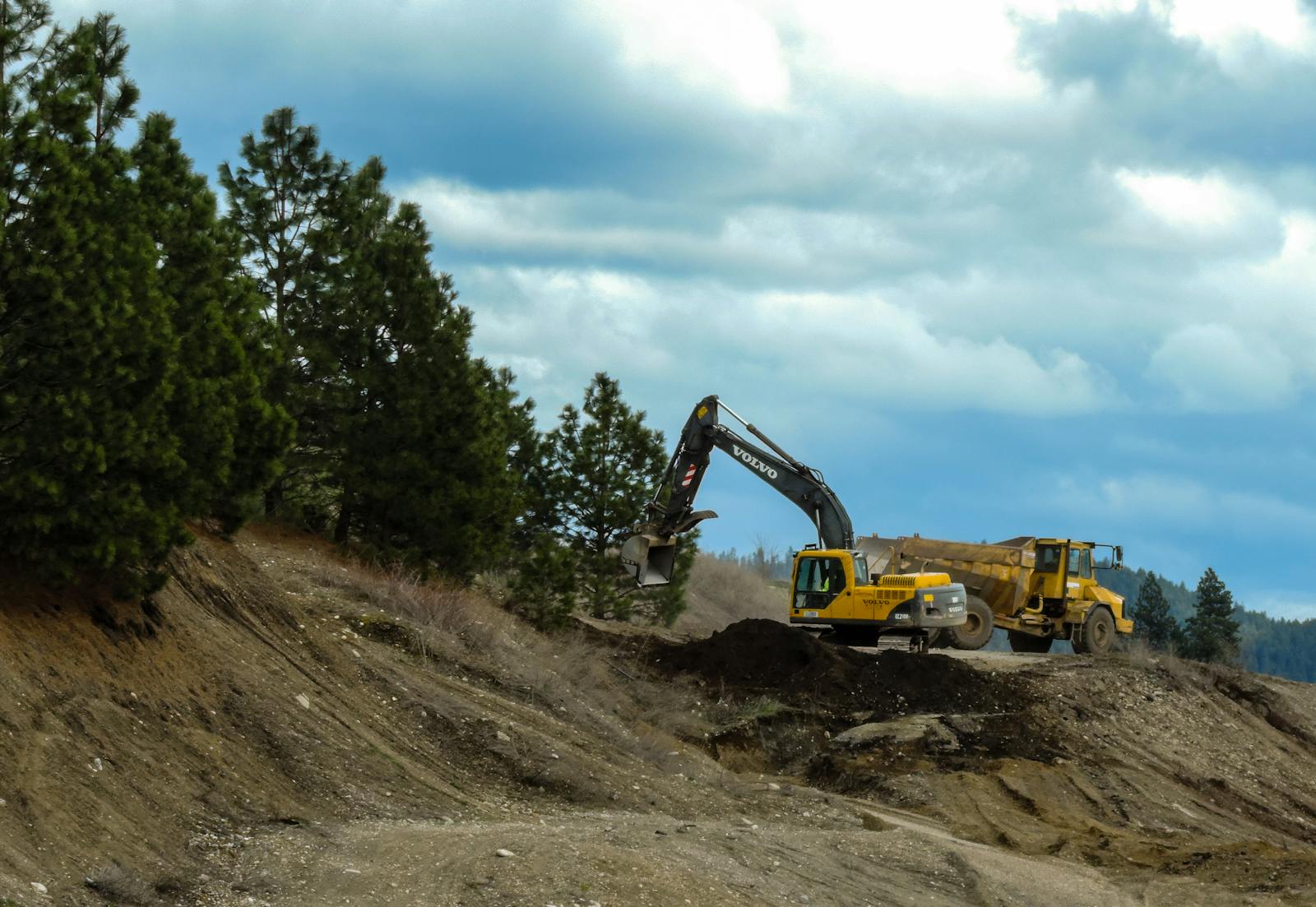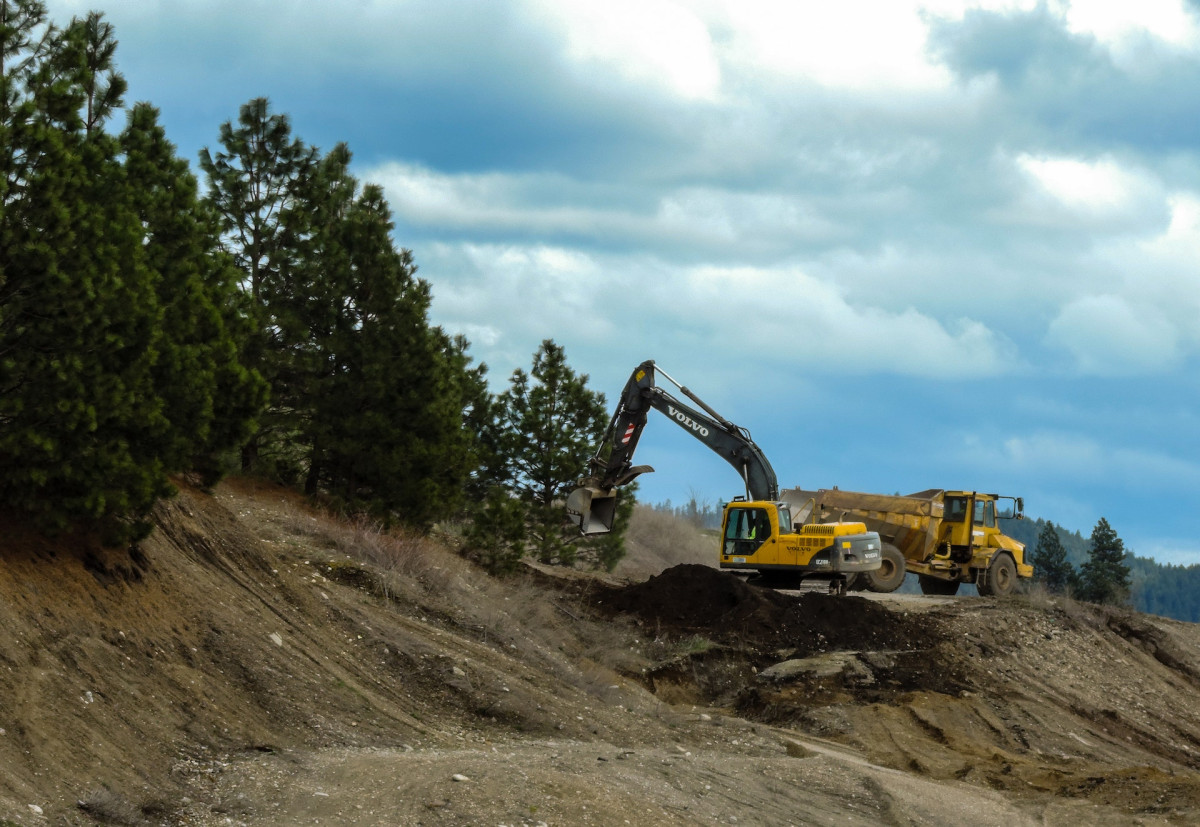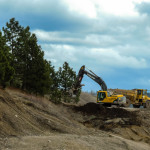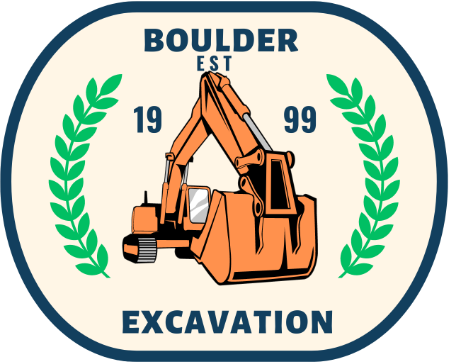Boulder Excavation and Landscape LLC
5505 Valmont Rd LOT 19, Boulder, CO 80301, United States
720-619-2407
https://goo.gl/maps/TYzeEXWDQQqaFHSWA
Utility Line Locating for Excavation

Introduction
Excavation projects in Boulder, Colorado require meticulous planning and execution due to the unique challenges posed by its difficult terrain and mountainous areas. Accurate utility line locating plays a crucial role in ensuring the safety of workers, preventing accidents, and avoiding costly damages and service disruptions. In this comprehensive guide, we will delve into the world of utility line locating, focusing specifically on the context of Boulder, Colorado, a city known for its affluence and challenging landscape.
Boulder, nestled against the majestic backdrop of the mountains, boasts a rich landscape that presents both opportunities and challenges for excavation projects. The rugged terrain and intricate underground infrastructure make it imperative to have precise knowledge of utility line locations before any digging begins. Accidental strikes on gas lines, water pipes, or electrical cables can not only lead to project delays and costly repairs but also pose significant safety risks to workers and the public.
By understanding the importance of utility line locating in Boulder's unique context, project managers, contractors, and homeowners can ensure the safety of their excavation projects, minimize risks, and prevent costly damages. Throughout this article, we will explore the methods, services, best practices, and cost considerations associated with utility line locating in Boulder, equipping readers with the knowledge they need to make informed decisions and carry out successful excavation projects in this affluent city.
Understanding Utility Line Locating
Underground utility lines, such as water pipes, gas lines, electrical cables, and telecommunication infrastructure, form the vital network that supports modern civilization. These lines are buried beneath the surface, making them invisible and prone to accidental damage during excavation projects. It is crucial to understand the types of utility lines and the risks associated with excavation near them.
- Underground utility lines encompass a variety of services, including water supply, natural gas distribution, electricity transmission, and telecommunication networks. Each type has specific characteristics and requires careful handling during excavation to prevent disruptions.
- Excavation near utility lines poses significant risks and hazards. Accidental strikes can lead to personal injuries, property damage, environmental contamination, service outages, and financial liabilities. Gas leaks, electrical shock, water main breaks, and communication disruptions are among the potential consequences.
- Accurate utility line locating is paramount to mitigate these risks and ensure a safe excavation process. By precisely identifying the location and depth of utility lines, project stakeholders can take appropriate precautions, avoid accidental damage, and maintain the integrity of essential services.
Utility Line Locating Methods
Traditionally, utility line locating relied on physical markings, as-built drawings, and utility maps to approximate the location of underground infrastructure. However, advancements in technology have revolutionized the field, offering more precise and efficient methods for utility line locating, particularly in Boulder's challenging mountainous terrain.
- Traditional methods involve using physical markers, such as paint, flags, or stakes, to indicate the presence of underground utility lines. As-built drawings and utility maps provide additional information based on past construction records. While these methods offer a basic understanding of utility line locations, they may lack accuracy and detailed information.
- Technological advancements have introduced innovative tools and techniques for utility line locating. Ground-penetrating radar (GPR) utilizes electromagnetic waves to create subsurface images, allowing locators to identify and map utility lines with increased precision. Electromagnetic locating involves using specialized devices to detect electromagnetic signals emitted by buried utilities. GPS technology can enhance the accuracy and efficiency of utility line locating by providing precise geospatial information.
- Each utility line locating method in Boulder's mountainous terrain has its advantages and limitations. Traditional methods may still be useful for initial planning and reference. GPR is particularly beneficial for detecting non-metallic utilities and providing detailed subsurface information. Electromagnetic locating excels in identifying metallic utilities. GPS technology complements other methods by offering precise geospatial positioning.
By understanding the various utility line locating methods available, project stakeholders can make informed decisions about which approach to employ, taking into account the specific challenges of Boulder's mountainous terrain.
Utility Line Locating Services in Boulder, Colorado
Boulder, Colorado, being a city with a thriving economy and complex excavation needs, is home to several utility lines locating companies catering to the region. Understanding the available services and selecting the right utility line locating service provider is essential for successful excavation projects.
- An overview of utility line locating companies operating in Boulder and surrounding areas showcases the diverse options available. These companies specialize in accurate utility line locating and have extensive experience navigating Boulder's challenging terrain.
- When choosing a utility line locating service provider, several key considerations come into play. Factors such as the company's reputation, track record, expertise in handling difficult terrains, and availability of advanced technologies should be thoroughly evaluated. Additionally, considering the company's responsiveness, communication, and adherence to safety protocols is crucial for seamless collaboration.
- Testimonials and reviews from satisfied customers in the region provide valuable insights into the quality of service provided by utility line locating companies. Positive feedback and recommendations can reinforce the credibility and reliability of a service provider, instilling confidence in their ability to deliver accurate results.
Importance of Professional Utility Line Locating
Accurate utility line locating in Boulder necessitates the involvement of professionals who possess the necessary expertise, experience, and knowledge of local regulations. Engaging professional services offers numerous benefits for excavation projects.
- The expertise and experience required for accurate utility line locating in Boulder cannot be overstated. Professionals undergo specialized training, enabling them to interpret various data sources, utilize advanced equipment effectively, and navigate challenging terrains with precision. Their expertise significantly reduces the risk of errors and accidents during excavation.
- Compliance with local regulations, codes, and permits is a critical aspect of utility line locating. Professionals are well-versed in these requirements and ensure that the excavation projects align with the specific guidelines set forth by Boulder's authorities. This compliance mitigates legal and safety risks, safeguarding the project and all parties involved.
- Case studies or examples can effectively demonstrate the consequences of inaccurate utility line locating. Highlighting past incidents where unprofessional or improper utility line locating resulted in accidents, costly damages, or service disruptions reinforces the importance of relying on professional services. These real-world examples emphasize the significance of accurate utility line locating and serve as cautionary tales for the importance of engaging experts in the field.
By understanding the expertise and experience required, ensuring compliance with regulations, and learning from past examples, stakeholders in Boulder can appreciate the vital role played by professional utility line locating services in ensuring the success, safety, and efficiency of excavation projects.
Benefits of Accurate Utility Line Locating
Accurate utility line locating in Boulder brings about a multitude of benefits, ensuring the success and efficiency of excavation projects while safeguarding the well-being of workers and the general public.
- Enhanced safety for excavation workers and the general public is a primary advantage of accurate utility line locating. By precisely identifying the location and depth of utility lines, the risk of accidental strikes and injuries is significantly reduced. This creates a safer working environment for excavation crews and minimizes the potential for harm to nearby residents, pedestrians, and businesses.
- Prevention of service disruptions and costly repairs is another crucial benefit. Accurate utility line locating helps avoid accidental damage to underground infrastructure, such as water mains, gas lines, or electrical cables. By preventing service disruptions, excavation projects can proceed smoothly, minimizing inconvenience for residents and businesses. Additionally, the avoidance of costly repairs translates into significant cost savings for all parties involved.
- Time and cost savings are achieved by avoiding unnecessary delays and damages. Accurate utility line locating enables excavation projects to proceed efficiently without unexpected interruptions caused by accidental strikes. By minimizing delays, project timelines can be adhered to, reducing associated costs and ensuring timely completion. Moreover, the prevention of damages to utility lines eliminates the need for costly repairs, saving both time and money.
Challenges and Best Practices in Utility Line Locating in Boulder
Utility line locating in Boulder's mountainous terrain presents unique challenges that require specialized strategies and best practices to overcome.
- The mountainous terrain and difficult ground conditions pose challenges in accurately identifying and locating utility lines. Steep slopes, rocky surfaces, and varying soil compositions make it crucial for utility line locating professionals to employ advanced techniques and equipment that are suitable for such terrain.
- Utility line locating professionals in Boulder employs several best practices to navigate these challenges successfully. This includes utilizing advanced technologies such as ground-penetrating radar (GPR) and electromagnetic locating devices that can provide detailed information about utility line locations. They also rely on experienced field personnel who possess a deep understanding of Boulder's topography and can interpret the data effectively.
- Collaboration and communication between excavation contractors and utility line locators are paramount. Effective coordination ensures that the necessary information about excavation plans and utility line locations is shared accurately. Regular communication between the parties involved fosters a proactive approach, allowing for adjustments and modifications to the excavation process if any changes or potential risks are identified during the project.
By addressing the unique challenges posed by Boulder's mountainous terrain and employing best practices, utility line locating professionals can overcome obstacles, enhance the accuracy of their work, and facilitate effective collaboration with excavation contractors, resulting in successful and safe excavation projects.
Cost Considerations and Return on Investment
When considering utility line locating services in Boulder, it is essential to take into account various factors that influence the cost:
- The complexity of the project and the size of the excavation area can impact the cost of utility line locating services. Larger projects with multiple utility lines may require more extensive efforts and resources, leading to higher costs.
- The accessibility and terrain conditions in Boulder's mountainous areas can also affect costs. Challenging terrains may require specialized equipment and techniques, which could incur additional expenses.
- The technology utilized by utility line locating professionals can impact costs. Advanced methods like ground-penetrating radar or electromagnetic locating may have higher associated costs due to the equipment and expertise required.
While professional utility line locating services may involve an investment, the comparison between the costs of inaccurate utility line locating and the potential consequences highlights the value of professional services:
- Inaccurate utility line locating can lead to accidental strikes, service disruptions, and costly repairs. These unexpected expenses can significantly outweigh the initial cost of professional utility line locating services.
- Accurate utility line locating provides long-term benefits and cost savings. By preventing accidents and damages, excavation projects can proceed smoothly without delays and the associated financial repercussions. Additionally, avoiding service disruptions minimizes the impact on residents, businesses, and the overall project timeline.
Tips for Excavation Projects in Boulder
To ensure successful excavation projects in Boulder, it is crucial to follow essential tips and guidelines:
- Take precautionary measures before starting excavation near utility lines. This includes conducting thorough research, obtaining accurate utility line maps, and using appropriate utility line locating methods to precisely identify the location and depth of underground infrastructure.
- Contact utility companies well in advance to notify them of the excavation plans and obtain necessary permits. Collaborating with utility companies ensures that all relevant information is shared, and any potential conflicts or safety concerns can be addressed proactively.
- Proper planning, communication, and coordination between excavation contractors and utility line locators are vital for successful projects. Clear communication channels, regular updates, and collaborative problem-solving contribute to a smooth and efficient excavation process.
Final Thoughts
Utility line locating is of utmost importance for excavation projects in Boulder, Colorado, given its challenging terrain and intricate underground infrastructure. Accurate utility line locating ensures enhanced safety, prevents service disruptions, and saves time and costs in the long run.
Investing in professional utility line locating services provides a solid return on investment by mitigating risks, avoiding accidents, and minimizing project delays and damages. By prioritizing accurate utility line locating and following the recommended tips for excavation projects, stakeholders in Boulder can achieve successful outcomes while prioritizing safety and efficiency.
Boulder Excavation and Landscape LLC
5505 Valmont Rd LOT 19, Boulder, CO 80301, United States
720-619-2407
https://goo.gl/maps/TYzeEXWDQQqaFHSWA





